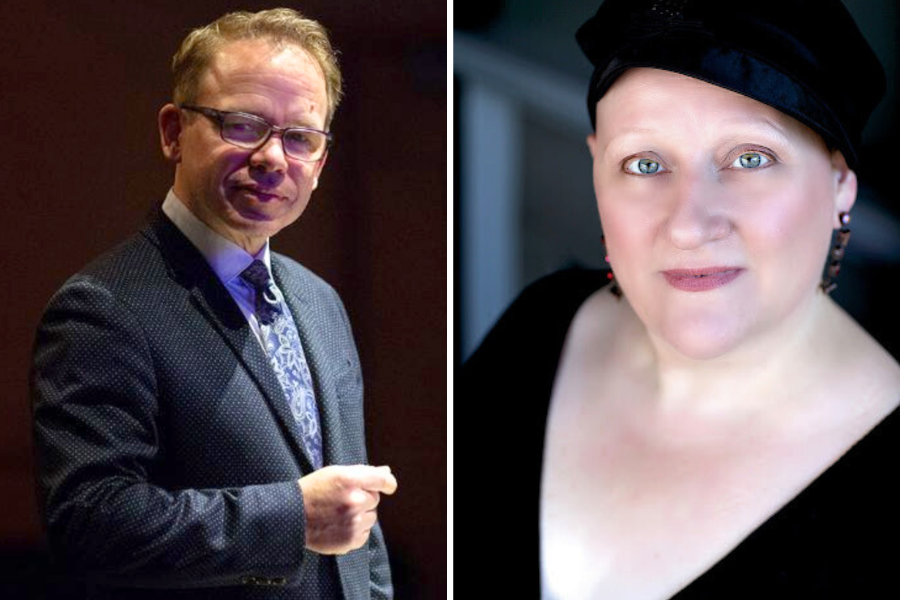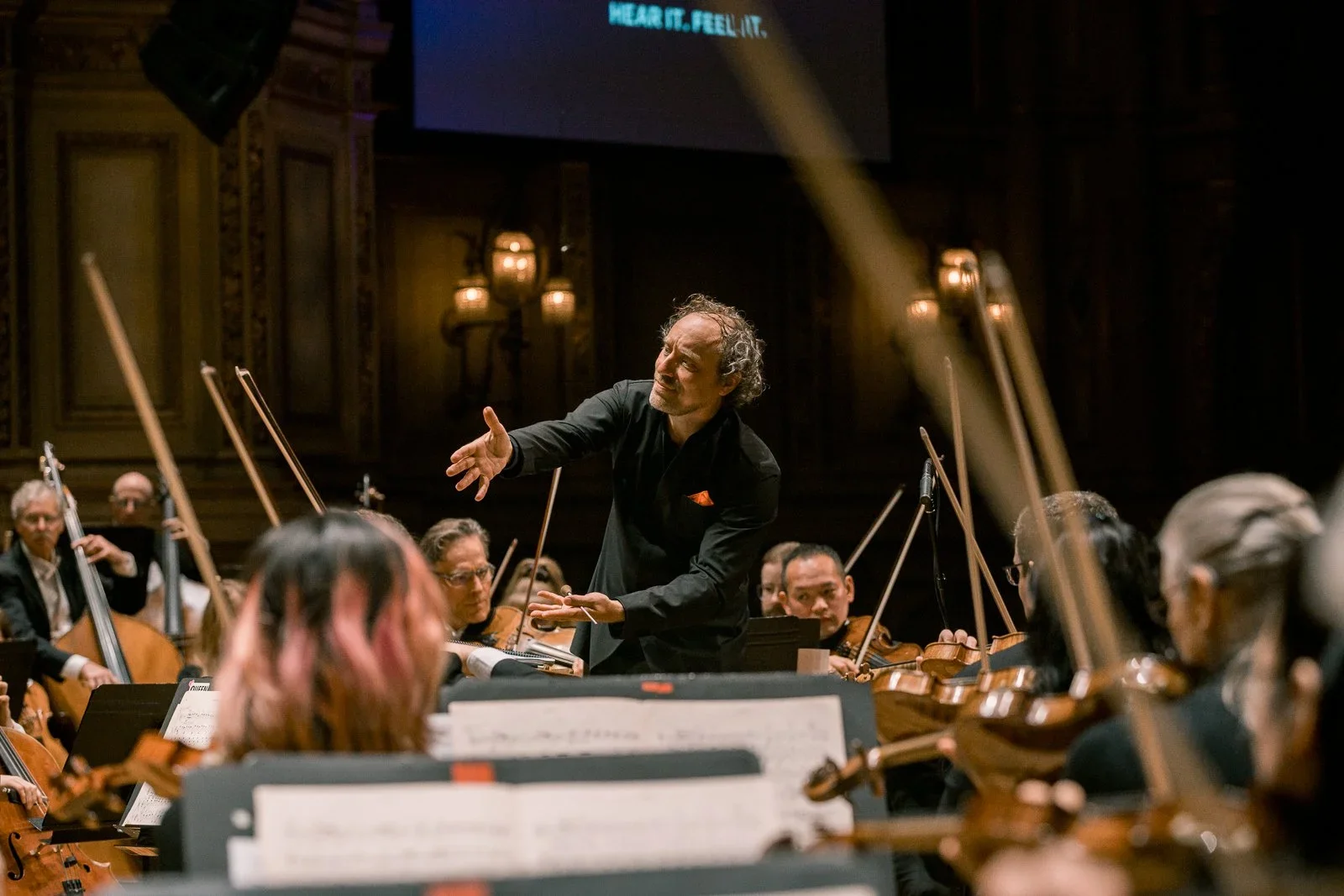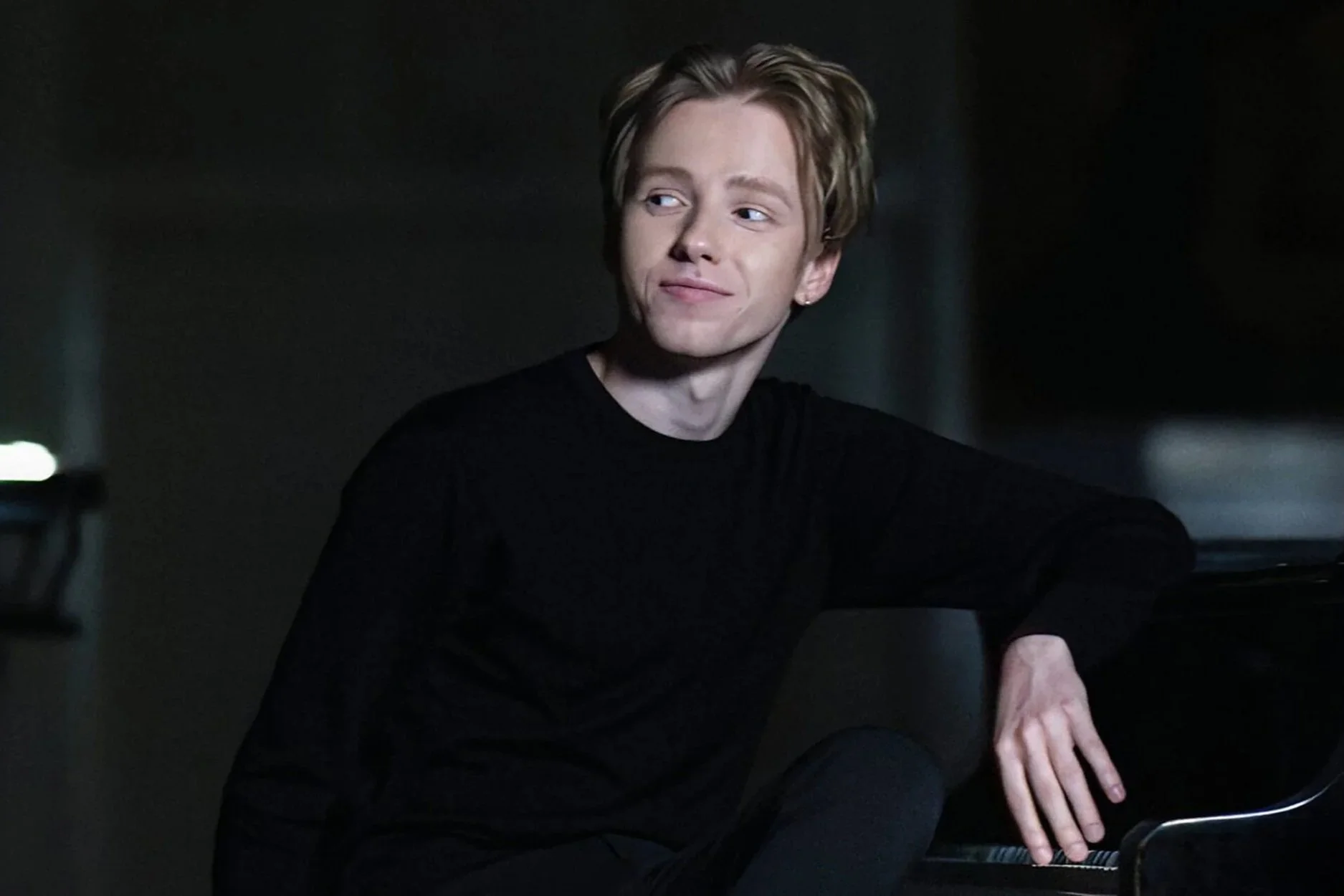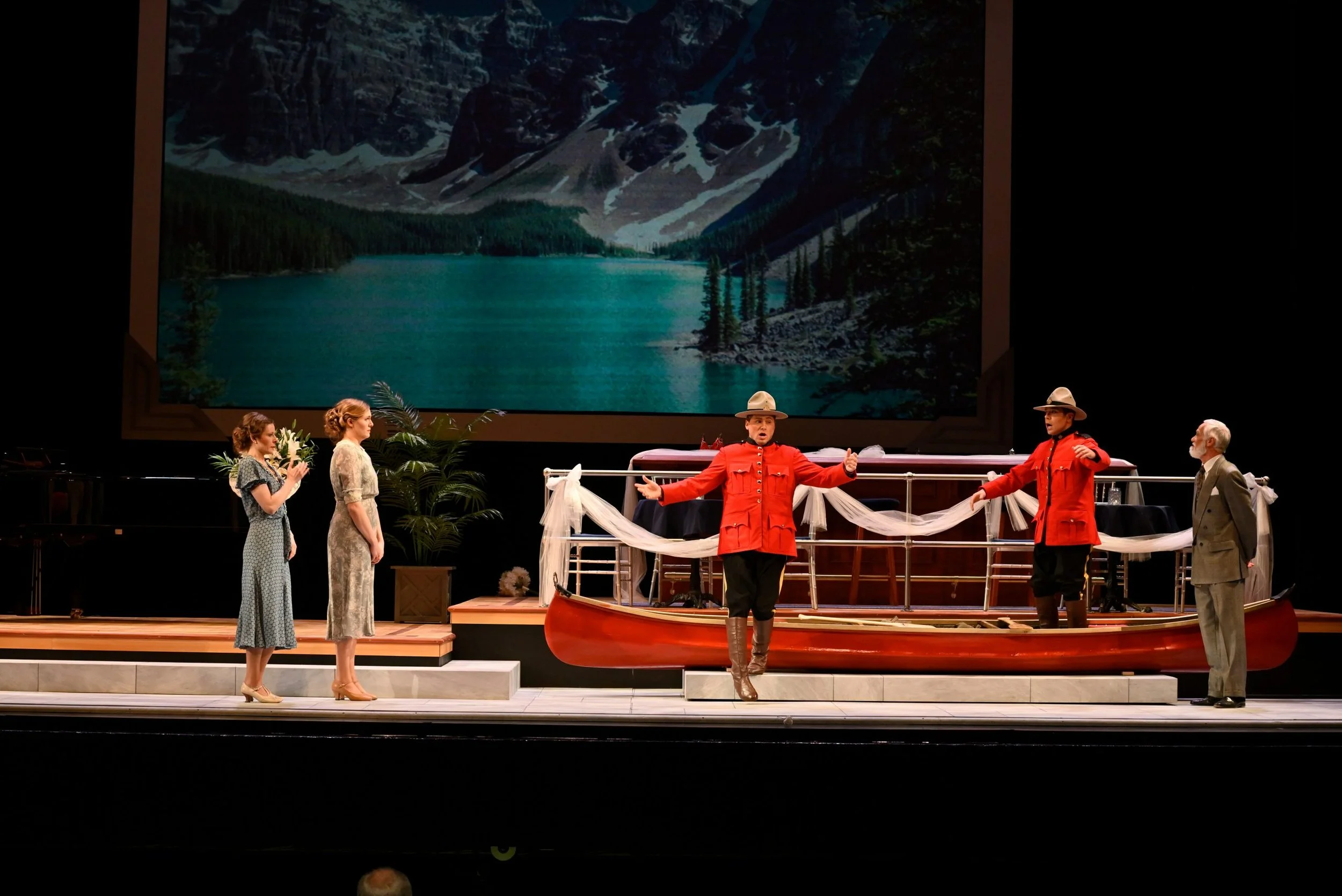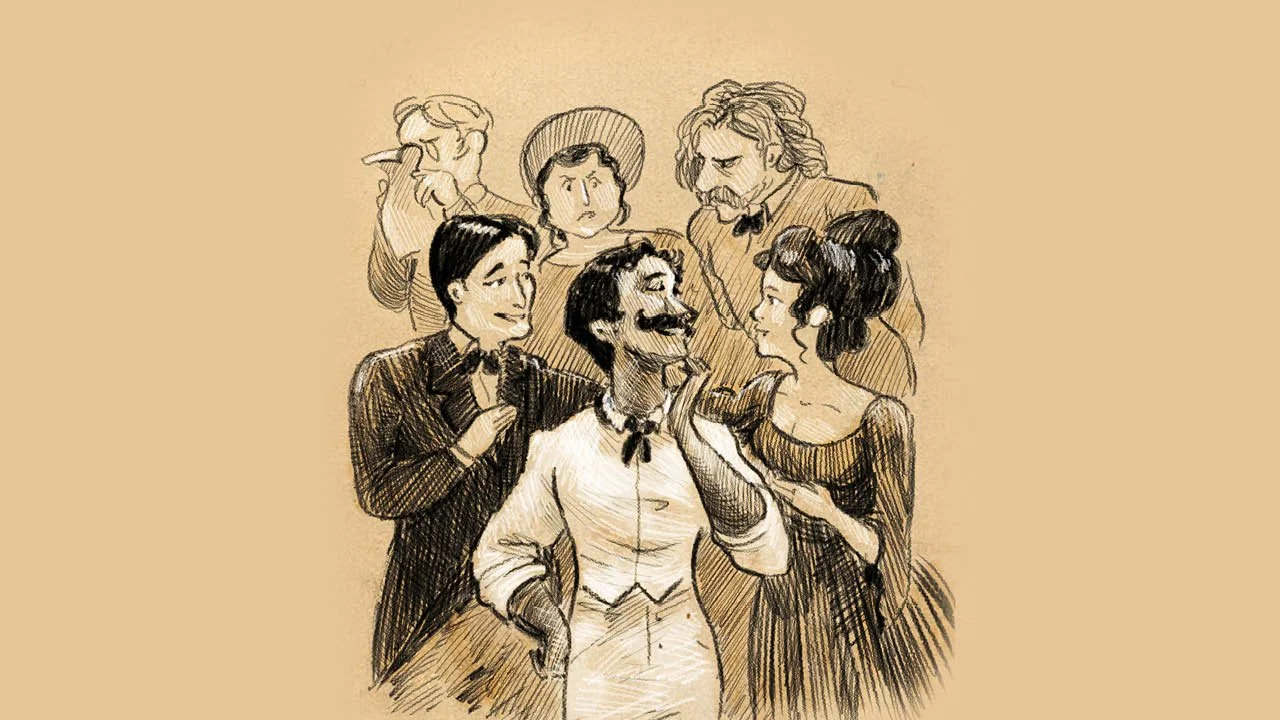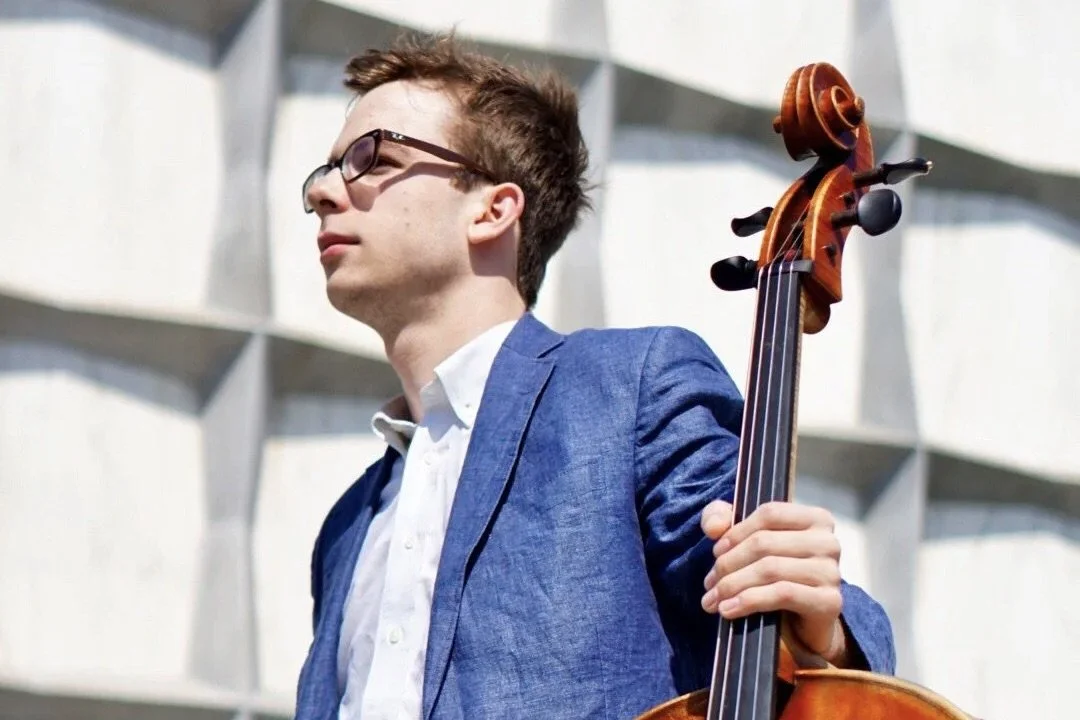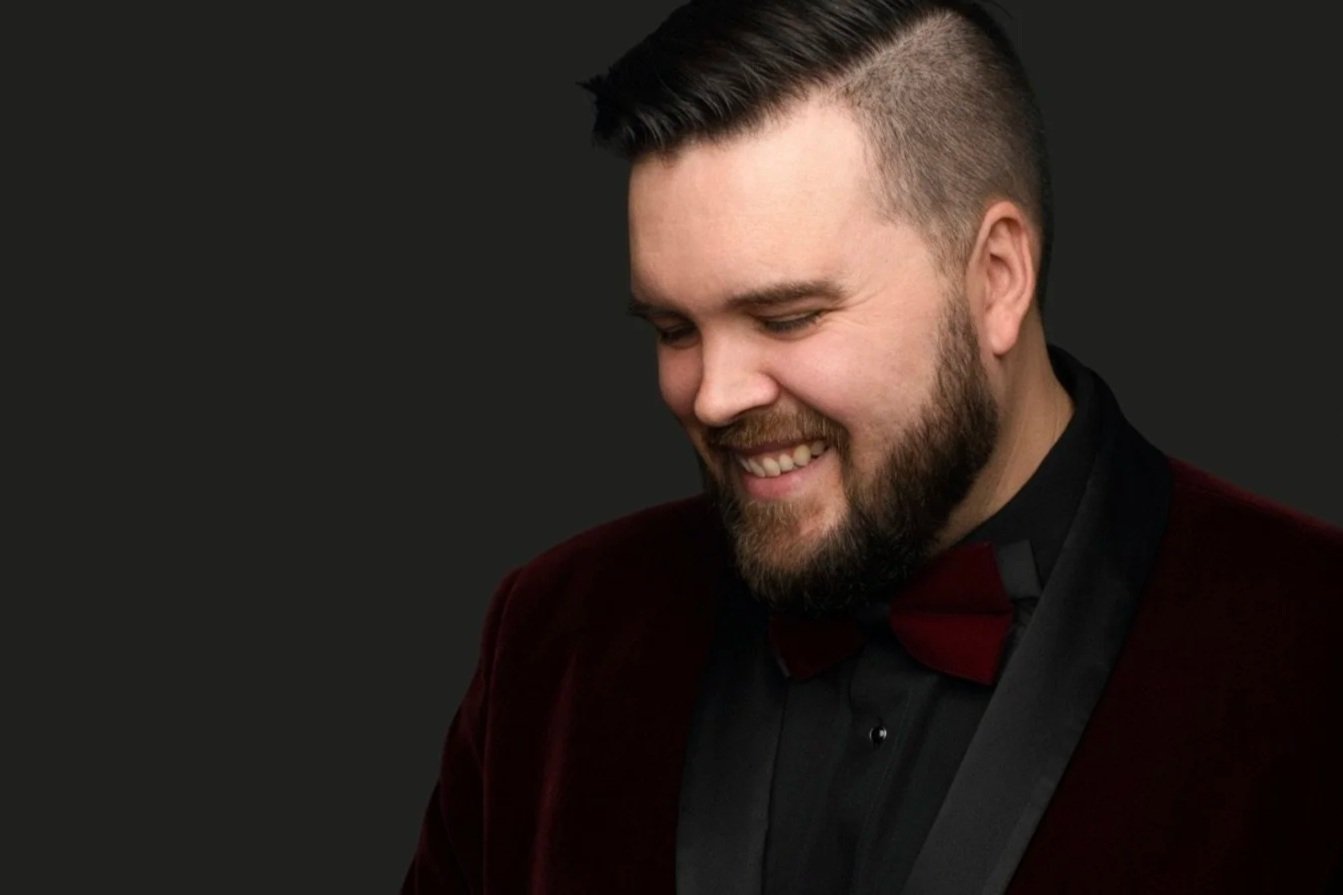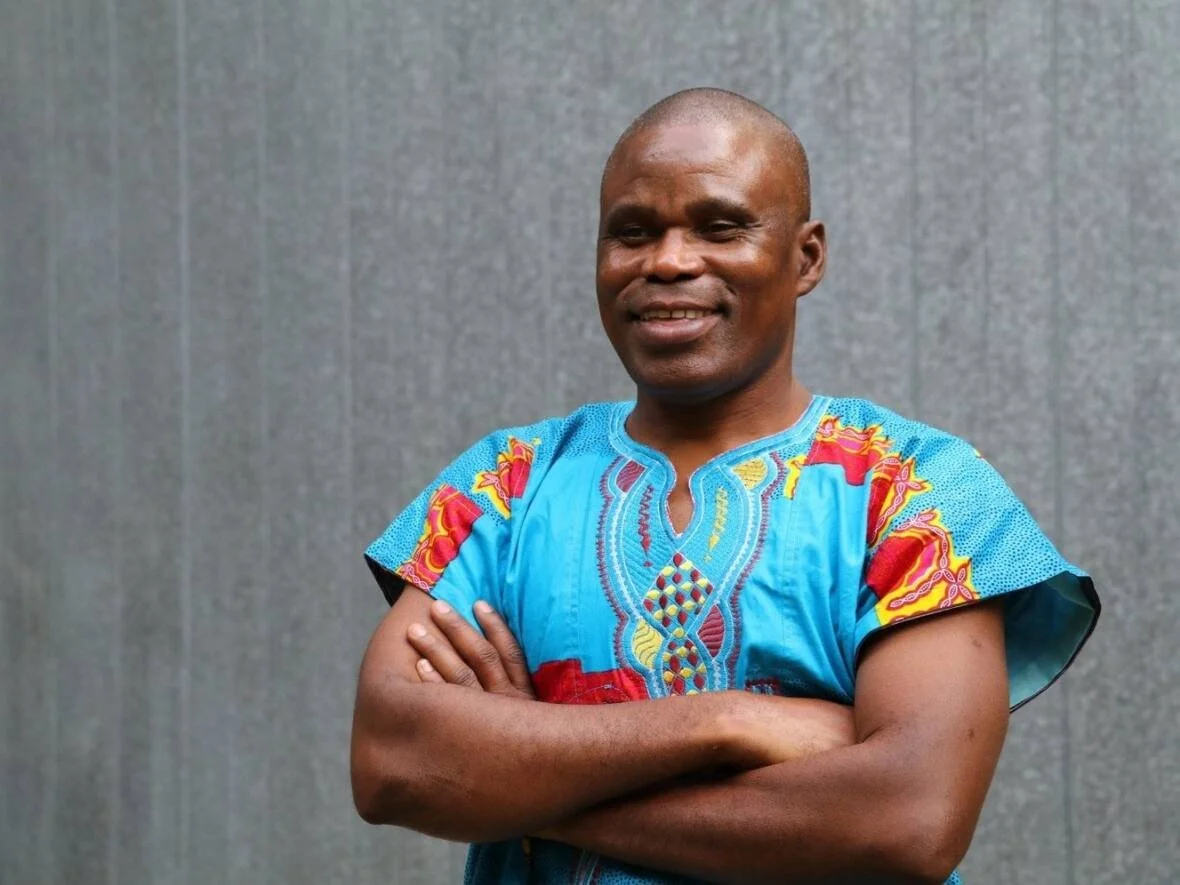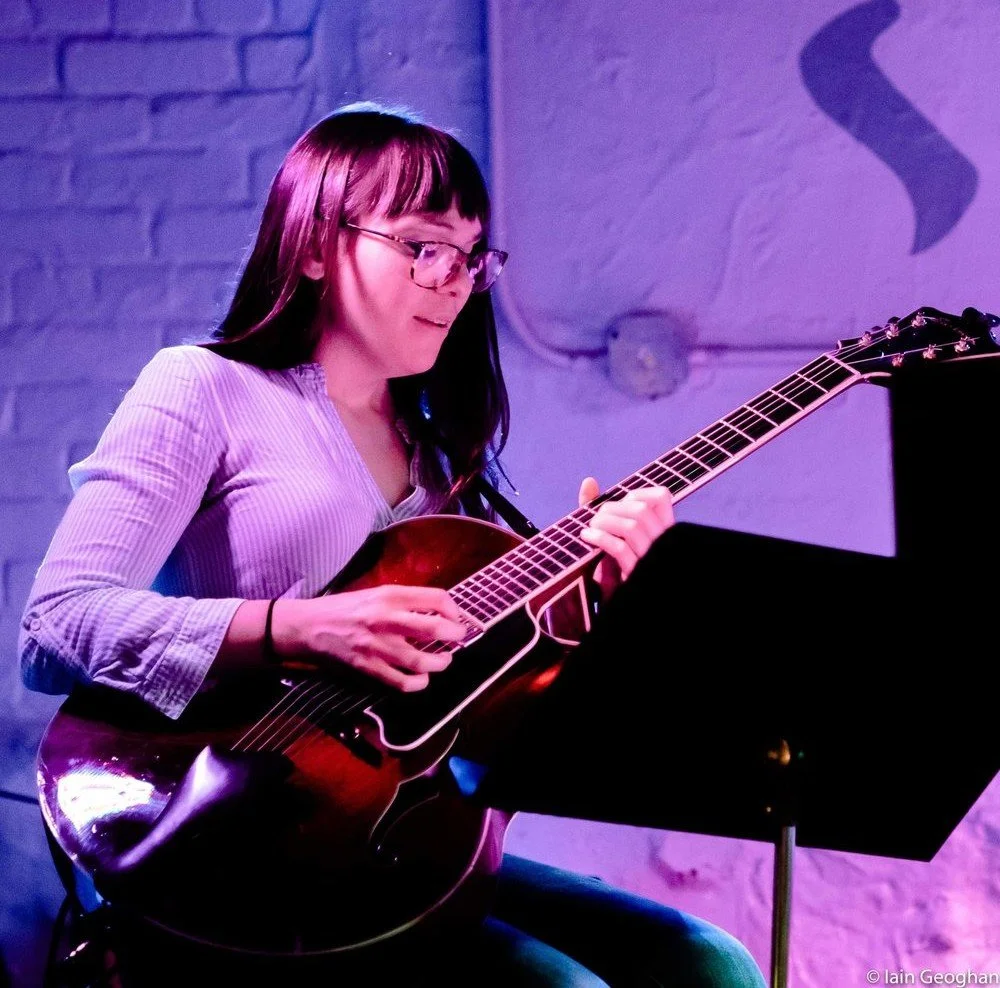Music review: Cellist Sheku Kanneh-Mason lives up to all the hype—and more.
At VRS, star finds exquisite tone in a thoughtfully curated program, and gives local young cellists bragging rights for years to come
Sheku. Photo by Ollie Ali
Vancouver Recital Society presented Sheku on October 29 at the Chan Centre for Performing Arts
IN RECENT YEARS, a name has been shared in cello circles (yes, there is such a thing), exhorted with an almost Swiftie-esque enthusiasm: “Have you seen Sheku yet? Oh, you have to see Sheku.”
The Sheku in question is Sheku Kanneh-Mason, the British cellist sensation who entered global public consciousness when he performed, at age 19, at the wedding of the Duke and Duchess of Sussex, Harry and Meghan. Two years prior to that brush with (now ex) senior royalty, he had become the first Black musician to win the BBC Young Musician award. And a year before that, he and five of his six ridiculously talented siblings had competed on Britain’s Got Talent in a classical sextet.
All this is to say, Kanneh-Mason had much to live up to when he took the Chan Centre stage on the weekend for a program that put him, and him alone, in the spotlight. What he accomplished over the next two-and-a-half hours was enough to silence any skepticism—and much, much more.
Through a thoughtfully curated program of works for solo cello that followed a thread from Johann Sebastian Bach to Pablo Casals, the 24-year-old not only demonstrated textbook-perfect technique, impeccable intonation, and a warm, rounded tone to die for; he also brought a keen musicality and sensitivity to the works, making the familiar new, and the new entrancing.
He brought a languid, casual elegance to the Prelude of J.S. Bach’s Cello Suite No. 2 in D minor, BWV 1008, with which he opened the program, using minimal vibrato and making space for each perfectly placed note to sing. While he held back the speed during the first two movements, he let rip during the “Courante”—literally meaning “running”—which he delivered at a breathless tempo, emphasizing the lowest notes in the runs of dizzying sixteenths, to create rhythms and melodic lines spanning enormous bars of music.
A number of contemporary works followed, all of which seemed to tie back, somehow, to Bach’s solo cello suites, including Benjamin Britten’s Suite No. 1 for Solo Cello, Op. 72, written for the late, great Russian bear of a musician, Mstislav Rostropovich, and former student of Pablo Casals—the original champion of the Bach suites. But where Rostropovich brought a fierceness and determination to his playing, Sheku conveyed a gentlemanly matter-of-factness and purity of sound that made Britten’s work all his own. Even when bouncing his bow through the spiccato and col legno passages of the Marcia movement, Kanneh-Mason never lost the beauty of his exquisite tone.
Sonata No. 2 for Solo Cello by Cuban composer Leo Brouwer borrowed from guitar techniques for pizzicato strummed chords and hammer-ons, shifting rapidly in mood from passionate to plaintive, joyful to despair, and pushing Kanneh-Mason’s mastery of technique to the fore. In Spanish cellist and composer Gaspar Cassadó’s Suite for Solo Cello—a challenging work demanding the use of extended techniques, including false harmonics and giant leaps across the fingerboard and strings—Kanneh-Mason dove headlong into the work, pushing and pulling at fiery flamenco-tinged phrases, or inquisitively drawing out phrases, as if to consult with them about where they would to go.
Gaspar Cassadó was himself a student of the great Casals, who “rediscovered” the Bach solo cello suites and essentially (re)introduced them to the world. So there was a touching poignancy to Kanneh-Mason wrapping up his epic display of musicianship and endurance by inviting 12 young school-aged cellists and a double bassist to accompany him in Casals’s arrangement of a Catalan folk song, “Song of the Birds”.
Together, the group filled the hall with the sweet, hymn-like music, at Kanneh-Mason’s gentle encouragement. It was a beautiful moment, and one that will give the youngsters bragging rights for years to come. “Have you heard of the great Sheku?” they’ll say one day. “I played with him, and it was glorious.”




